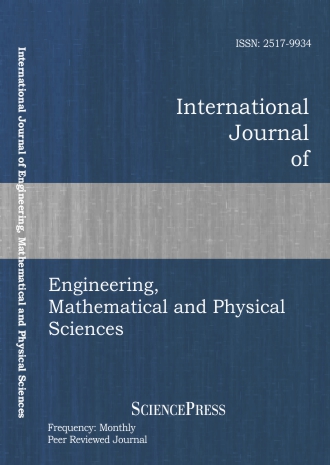
Scholarly
Volume:10, Issue: 5, 2016 Page No: 264 - 269
International Journal of Engineering, Mathematical and Physical Sciences
ISSN: 2517-9934
807 Downloads
Performance Comparison of ADTree and Naive Bayes Algorithms for Spam Filtering
Classification is an important data mining techniqueand could be used as data filtering in artificial intelligence. The
broad application of classification for all kind of data leads to be
used in nearly every field of our modern life. Classification helps us
to put together different items according to the feature items decided
as interesting and useful. In this paper, we compare two
classification methods Naïve Bayes and ADTree use to detect spam
e-mail. This choice is motivated by the fact that Naive Bayes
algorithm is based on probability calculus while ADTree algorithm is
based on decision tree. The parameter settings of the above
classifiers use the maximization of true positive rate and
minimization of false positive rate. The experiment results present
classification accuracy and cost analysis in view of optimal classifier
choice for Spam Detection. It is point out the number of attributes to
obtain a tradeoff between number of them and the classification
accuracy.
Authors:
References:
[1] S. M. Weiss and N. Indurkhya. Predictive data mining practical guide.